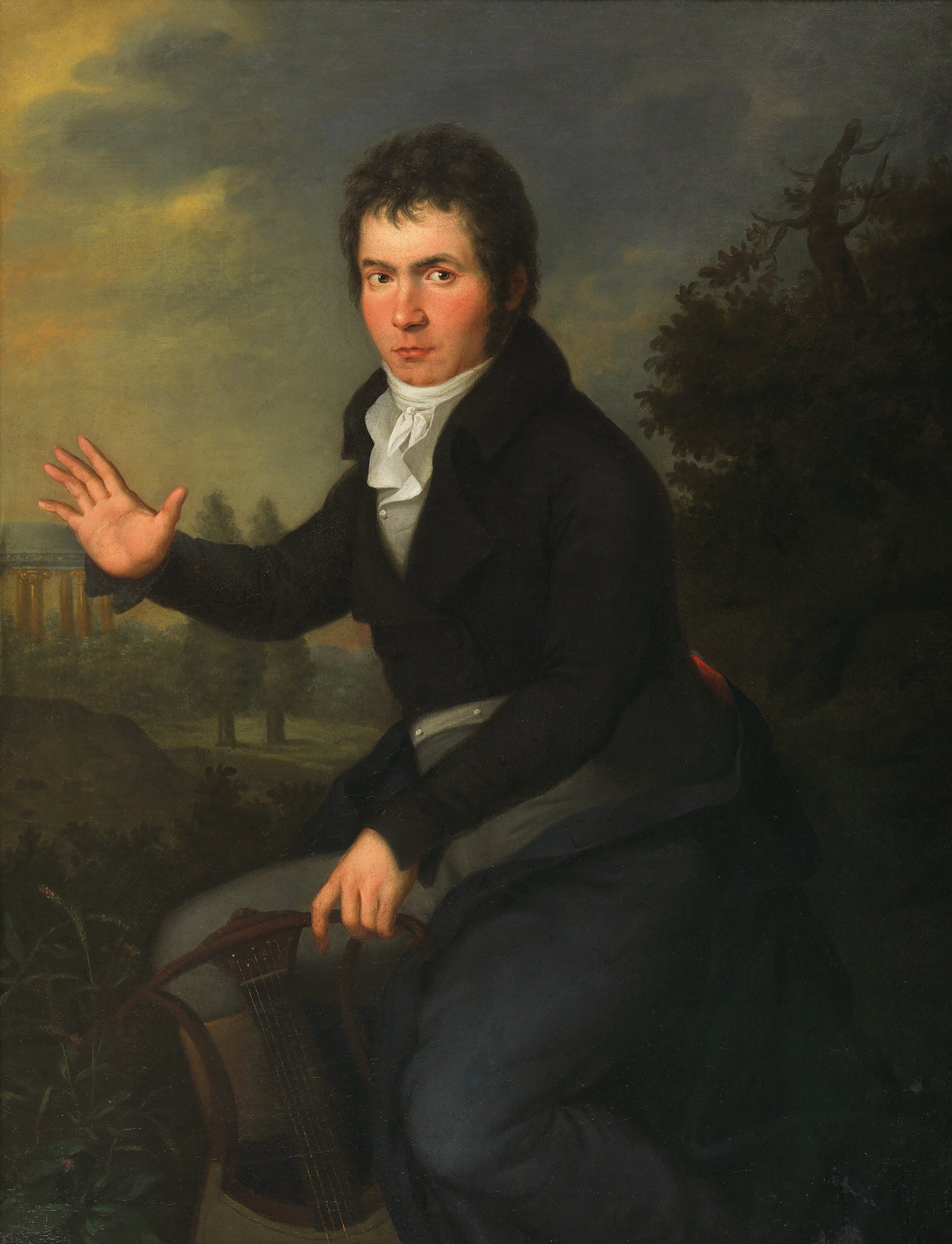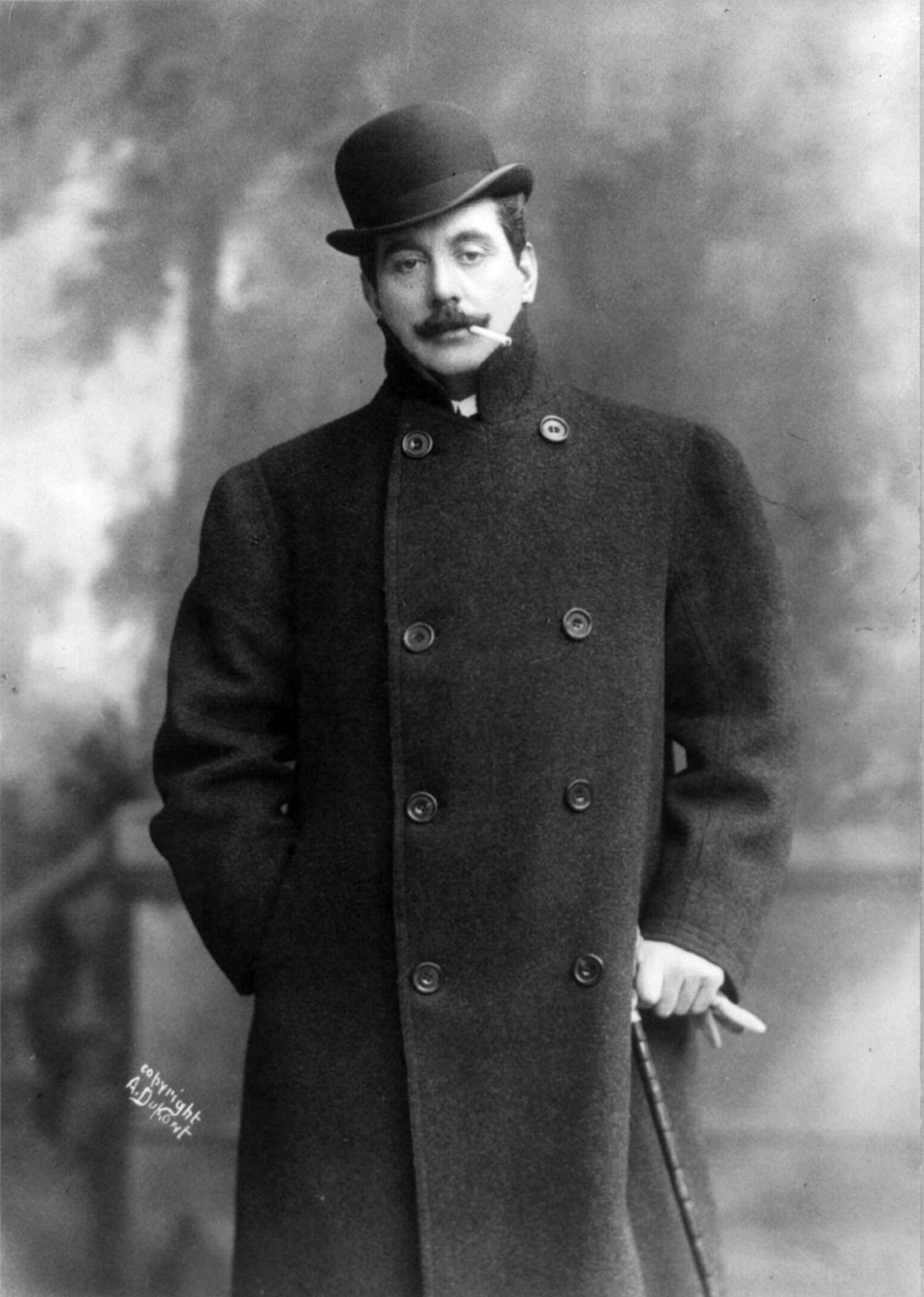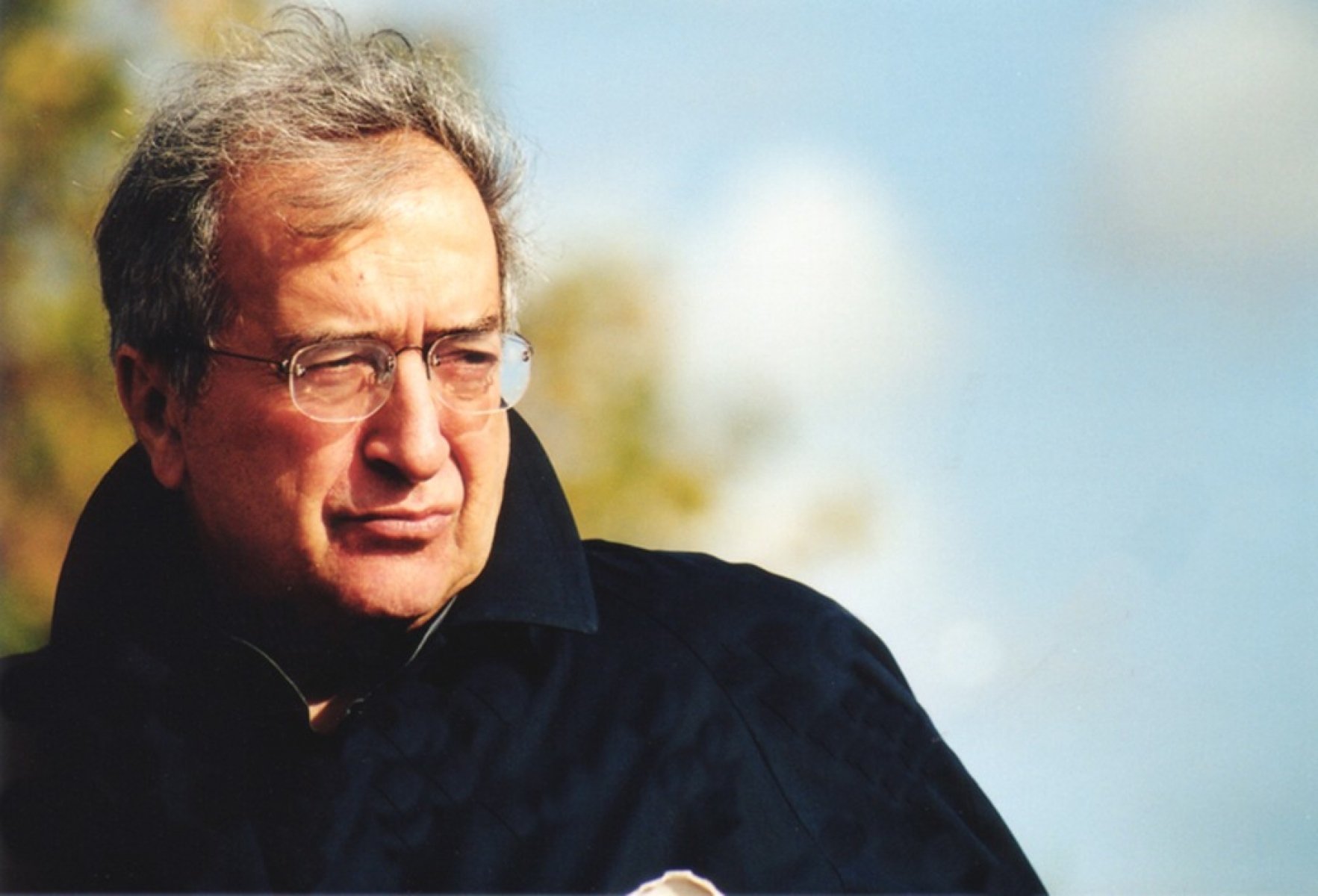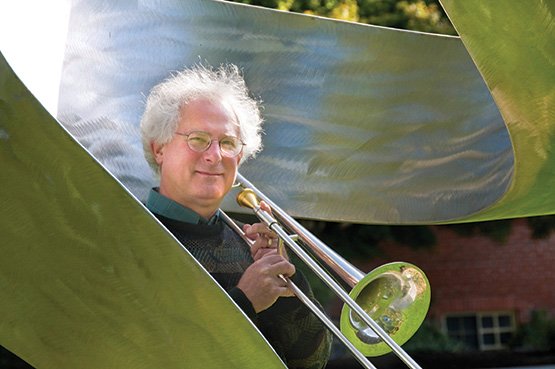
History
IS IMPORTANT
Explore
Search for a specific event or composer, or view all events from a season using the dropdown menu.
SEASON
- 2008 June
- 2009 June
- 2010 June
- 2011 June
- 2012 January
- 2012 June
- 2013 January
- 2013 June
- 2014 January
- 2014 June
- 2015 January
- 2015 June
- 2016 December
- 2016 January
- 2016 June
- 2017 January
- 2017 June
- 2017 March
- 2018 January
- 2018 June
- 2019 January
- 2019 June
- 2020 January
- 2021 June
- 2022 January
- 2022 June
- 2023 January
- 2023 June
- 2024 January

June 2021: Program 2 — Full-Portrait of an Artist
THE TEACHER
Music by Ludwig van Beethoven, Edward Elgar, Morton Lauridsen, and Florence Price
Intermission
THE STUDENT
Music by Wolfgang Amadeus Mozart and Maurice Ravel
All selections will be announced from the stage.
Artists: Timothy Christie, violin; Andrew Jennings, violin; Gail Jennings, piano

June 2018: Festival Series 1
Tonight we feature a World Premiere by composer Texu Kim, plus music of Beethoven and Clara Schumann with the Volta Piano Trio.
To kick off the 2018 Festival Series, WWCMF welcomes longtime friends, the Volta Piano Trio to perform the masterpiece by composer and pianist Clara Schumann, the Piano Trio in G minor, Op. 17. It is often said that Clara Schumann took a backseat to her more famous husband, Robert. However, this is incorrect on two counts. First, Clara was known as a virtuoso pianist of the highest order throughout Europe, her fame exceeding that of her hubby during her 60-plus-year performing career. Second, you can’t take a backseat when you are the one driving the bus!
Also on the program is the world premiere of a duo for violin and cello by the composer Texu Kim and the Quartet in D Major, Op. 18, No. 3 by Beethoven. It is a concert of firsts…

June 2018: Tasting Music 1 — Beethoven String Quartet in D, Op. 18, No. 3
Beethoven’s creative life is divided into three neat sections, Early, Middle and Late. The Early Period is defined by his tendency to shake up convention and thwart expectations with persistent and needling harmonic escapades and emphatic rhythmic accentuations where they don’t belong. You may recognize this text from Portrait of an Artist I, Stephen Miahky 2.0, violin. Here at the Festival, we support recycling!
For our first Tasting Music presentation of the 2018 Season, we return to Walla Walla Vintners for an outdoor performance, weather permitting (bring a sweater or cardigan… it can be chilly, indoors or out!). We will explore Beethoven’s very first string quartet, his Quartet in D, Op. 18, No. 3 (don’t worry, we’ll explain all the numbers, and how something called “No. 3” can actually be No. 1).
With Haydn more or less out of the picture, Beethoven turned his attention from smaller forms like the string trio to the medium invented and perfected by Haydn before him, that of the string quartet. Publishing the work in 1801, Beethoven shows himself to be a quick study, seemingly mastering the sophisticated and conversational style of his former teacher with aplomb. Perhaps this will be your first string quartet… If so, like Beethoven before you, you have struck gold!

June 2016: Special Event 3 — Beethoven’s Große Fuge, Op. 133
Sometimes Free, Sometimes Learned:
The Late Quartets of Beethoven are hallowed ground in the chamber music repertoire. There are six Late Quartets in all with the Große Fuge standing alone as a single movement. It stands so because Beethoven’s publisher, Matthias Artaria, requested that he compose a more commercially suitable substitute for the final movement of the Op. 130 Quartet in B flat, a role the Große Fuge originally served. In a rare moment of acquiescence, Beethoven obliged his publisher, agreeing to an additional fee for the new finale, and the Große Fuge was published separately with its own opus number, 133.
Why all the fuss? One need hear only about 4 seconds of the fugue’s exposition to discover why. After an introduction largely dependent on octave unison among the four instruments (each instrument is playing the exact same notes, voiced according to the range of the respective instruments; cello, viola, violin 2, violin 1 from lowest to highest), Beethoven unleashes the fugue in fortissimo (as loudly as possible), each voice entering in seeming competition with the last. Can the human ear truly hear detail, or even beauty, amid the seeming chaos of this music?
As I am fond of saying… There’s only one way to find out! This Special Event is not for the faint of heart. It is Beethoven at his most furious and most glorious.
Artists: Timothy Christie, viola; Stephen Miahky, violin; and Maria Sampen, violin and Sally Singer Tuttle, cello;
Commentary: Timothy Christie

June 2015: Special Event 2: Winston Choi, Piano
Tonight’s performance has been made possible by the generosity of a donor who wishes to remain anonymous.
Due to performance-related injury, Benjamin Hochman will be unable to perform this June. Pianist Winston Choi has generously agreed to step in. We wish Benjamin a speedy recovery. We look forward to a return engagement once he heals.
The Chicago Tribune had this to say about Winston Choi: “There doesn’t appear to be anything Choi can’t play — and with virtuosic panache to boot.” I think that sums it up pretty well. Winston is the winner of several prestigious international competitions including the 2002 Orléans Concours International and the 2003 Honens International Piano Competition.
But more importantly, Winston was the inspiration for the Festival’s Portrait of an Artist Series.
It all began in Boston at the exclusive St. Botolph Club. Several musicians, Winston among them, were relaxing following a delicious meal. Before long, someone noticed the grand piano across the room. It was suggested that Winston play through some of his repertoire for an upcoming recital. After a few beautifully rendered selections, musicians began calling out requests. Winston gamely played through a staggering amount of repertoire that night, and we all felt that we knew him better for it.
Tonight’s recital will be moderated by Festival Founder and Artistic Director, Timothy Christie. Tickets are extremely limited for this special event.
ANNOUNCED FROM THE STAGE
Partita No. 1 in B Flat, Bach
6 Bagatelles, Op. 126, Beethoven
Prelude in D-Flat, Op. 28, No. 15, “Raindrop,” Chopin
Variations on a Theme of Handel, Brahms
Fugue, Bach (Encore)
Artist: Winston Choi, piano.

January 2015: Tasting Music
The Tasting Music Series invites you deeper into the music. Walla Walla Chamber Music Festival Founder and Artistic Director, Timothy Christie, leads the exploration of a single great chamber work through witty, insightful, sometimes irreverent, yet always accessible demonstrations. Festival musicians also share their unique perspectives. Set in some of Walla Walla's finest wineries, the atmosphere is intimate, social and refreshingly informal. All performances are one hour in length.
BEETHOVEN STRING TRIO IN G MAJOR, OP. 9, NO. 1
I. Adagio – Allegro con brio
II. Adagio ma non tanto and cantabile
III. Scherzo – Allegro
IV. Presto
Artists: Maria Sampen, Violin; Timothy Christie, Viola; Meta Weiss, Cello

June 2013: Festival Series 2
Will the real Kreutzer please stand up? Festival Series II presents one of the towering masterpieces for violin and piano, the Sonata in A Major, Op. 47, by Beethoven, a work more familiarly known by its nickname, the Kreutzer Sonata.
Rudolphe Kreutzer was a preeminent violinist in Paris in the early ninteenth century, and this work has almost nothing to do with him. Today, Kreutzer is known to violinists and Jack Benny as the author of a set of 42 studies designed to improve technique. To wider audiences, he is known only as the namesake for this incredible piece by Beethoven. Though Beethoven sent a copy to Kreutzer, the violinist never played the piece and declared it to be unintelligible.
Augmenting the legacy of this sonata are works by Tolstoy and Leos Janacek, both bearing the same title. You will find these Slavic spin-offs elsewhere during the 2013 Walla Walla Chamber Music Festival (namely, at jimgermanbar on June 25! See the Special Event listing for more information). Tonight, violinist Andrew Jennings and pianist Oksana Ezhokina bring Beethoven’s heroic score to life.
Also on the program is the debut of vocal chamber music at WWCMF. Soprano Jennifer Goltz-Taylor joins WWCMF for the first time in the brooding Seven Songs, Op. 127, by Dmitri Shostakovich. This work, originally commissioned by Mstislav Rostropovich, represents a Who’s Who of twentieth century Soviet music. It was conceived as a vehicle for the power quartet of soprano Galina Vishnevskaya (wife of Rostropovich), Rostropovich, violinist David Oistrakh, and Shostokovich himself. Shostakovich, to ill to perform at the premiere, was replaced by his close associate, Mieczyslaw Weinberg. The music is as deeply personal a statement as we have from this prolific composer. Rounding out the evening is a very charming work by German-American composer Charles Martin Loeffler.
Charles Martin Loeffler (1861-1935)
String Quintet in One Movement for 3 violins, viola, and cello
Allegro commodo
Dmitri Shostakovich (1906-1975)
Seven Songs on Poems by Aleksandr Blok, Op. 127 for piano, violin, cello, and soprano
I. Song of Ophelia
II. Gamayun, the Bird of Prophecy
III. We Were Together
IV. The City Sleeps
V. The Storm
VI. Secret Signs
VII. Music
Ludwig van Beethoven (1770-1827)
Violin Sonata No. 9 in A major, Op. 47, “Kreutzer” for violin and piano
I. Adagio sostenuto - Presto - Adagio
II. Andante con variazioni
III. Finale. Presto
Artists: Timothy Christie, Oksana Ezhokina, Jennifer Goltz-Taylor, Carolyn Heubi, Andrew Jennings, Norbert Lewandowski, Christina McGann, Stephen Miahky, Maria Sampen, and Felix Wang

June 2013: Festival Series 1
Czech this out! The 2013 Walla Walla Chamber Music Festival opens with the World Premiere of composer Ching-chu Hu’s String Sextet.
Tonight, we feast and we dance! Opening night of the 2013 Walla Walla Chamber Music Festival at the Gesa Power House Theater will crackle with the lively Bohemian dance rhythms of the Dvorak Piano Quintet in A major, Op. 81. Czech dances, such as the Dumka and Furiant, loom large in this audience favorite.
Also on the program is Beethoven's delightful "Harp" string quartet, Op. 74. The work, from the same period as the "Emperor" Concerto, belies none of the circumstances of Beethoven's existence in 1809: encroaching deafness, Napoleon's siege of Vienna, and attending economic woes. Beethoven, ever crafty, negotiated his way through the maze as a freelance composer.
This season marks the sixth year of the WWCMF tradition of opening the Festival Series with a specially commissioned work. It is fitting that it is a work for six players. Our featured composer is Ching-chu Hu, whose new String Sextet was commissioned for the 2013 Festival and has its World Premiere tonight!
Ching-chu Hu
Spheres of Influence, for String Sextet (2013 World Premiere, WWCMF Commission)
The 2013 Commission of the “Spheres of Influence, for String Sextet” by Ching-chu Hu was made possible by the generosity of John Jamison and Kathy Wildermuth.
Ludwig van Beethoven (1770-1827)
String Quartet in E-flat major, Op. 74, “Harp”
I. Poco adagio - Allegro
II. Adagio ma non troppo
III. Presto - Più presto quasi prestissimo
IV. Allegretto con variazioni
Antonín Dvořák (1841-1904)
Piano Quintet in A major, Op. 81
I. Allegro ma non tanto
II. Dumka. Andante con moto
III. Scherzo (Furiant). Molto vivace
IV. Finale. Allegro
Artists: Timothy Christie, Oksana Ezhokina, Carolyn Heubi, Norbert Lewandowski, Christina McGann,Stephen Miahky, Maria Sampen, and Felix Wang

June 2013: Tasting Music 1
Harp Attack — The first Tasting Music performance of the 2013 Season of WWCMF rolls into the historic trolley house, home of Canoe Ridge winery.
Canoes and trollies were pretty good modes of transportation back in the day, but we prefer to be transported by incredibly beautiful music, and Beethoven’s String Quartet in E Flat, Op. 74 fits the bill. Known affectionately as the “Harp” quartet (so named for the plucked arpeggios that get passed among the instruments in the first movement), this work ushers in the tail end of Beethoven’s so-called “middle period.” Cast in the heroic key of E Flat, the quartet begins with appropriate solemnity. The first movement’s principal theme is sweeping, and the movement closes with dramatic virtuoso passage work in the first violin. In the third movement, the C minor of the scherzo suggests that we are in for one of Beethoven’s fire and brimstone sermons. However, the quartet relaxes as it goes, and when it concludes most gently and humorously, one is left with the feeling that he has had a harp attack. Is there a doctor in the house?
Ludwig van Beethoven (1770-1827)
String Quartet in E-flat major, Op. 74, “Harp”
I. Poco adagio - Allegro
II. Adagio ma non troppo
III. Presto - Più presto quasi prestissimo
IV. Allegretto con variazioni
Artists: Timothy Christie, Norbert Lewandowski, Stephen Miahky and Maria Sampen

June 2010: Festival Series 4
Music by Beethoven, Schubert, and Puccini
Don’t miss the final performance of the 2010 Festival! Featuring the music of Puccini and Schubert, plus the Beethoven Septet in E-flat for Violin, Viola, Cello, Bass, French Horn, Bassoon, and Clarinet. Quartetsatz: yet another “Unfinished” work by Schubert... What was his deal? Well, he died at 31, and his unfinished pieces tend to be better than most composers’ finished ones. So, you’re in for a treat!
And Puccini’s “Crisantemi”? Yes, Chamber Music goes to the Opera... In fact, Puccini felt so strongly about this youthful attempt at Chamber Music Verismo that melodies from this single movement quartet made it into his later opera, “Manon Lescaut.”
And Beethoven’s Op. 20... Beethoven was used to shaking things up. When the nobility were shocked and outraged by his politics and his nerve, the young Beethoven knew he was headed in the right direction. The Septet, however, was so popular in its day that Beethoven was worried that it was eroding his street cred. Happily for us, Beethoven the innovator is still audible in this delightful work. The 2010 Walla Walla Chamber Music closes amid the champagne sparkle of Beethoven’s lighter side.

June 2010: Tasting Music 4
Beethoven: Septet in E flat, Op. 20
Beethoven Septet in E flat, Op. 20. “A violinist, a violist, a cellist, a bassist, a horn player, a bassoonist, and a clarinetist walk into a winery...” So begins the old joke about the Beethoven Septet. Just kidding, we’ll be writing this joke on the fly. After all, this is one of Beethoven’s most lighthearted works. Waters Winery sets the stage for this evening of music for the great outdoors. With views of rolling vineyards and a winery of stunning beauty, this evening will be a highlight of the 2010 Walla Walla Chamber Music Festival.

June 2010: Tasting Music 2
“It Must Be... Cavatina” Slow movements from Beethoven’s Op. 130 & 135 String Quartets
“It must be...Cavatina.’” Slow movements from Beethoven's Op. 130 and 135 String Quartets are featured. On his deathbed Beethoven penned some of the most progressive, profound, and enduring works the world has ever known. While the 9th Symphony sounds a clarion call to the masses to embrace in joy and brotherhood, Beethoven's genius and humanity find their purest expression in the intimacy of the string quartet. Contemplative, heartfelt, and excruciatingly beautiful, these masterpieces serve as the denouement in the story of one of History's greatest figures.
Walla Walla Chamber Music Festival founder and artistic director, Timothy Christie, leads the performance and discussion from the cozy barrel room at Reininger winery. The tranquility of Merlot, Cab, and Syrah quietly aging will lend an appropriate dignity to the proceedings.

June 2010: Special Event
Beethoven, Zorn, Handel, Berio, Shostakovich, Mozart, and more.
Wild contrasts and surprise performances orbit the profound music of Beethoven’s late string quartets. The super-cool Jimgermanbar in Waitsburg sets the stage... Jim will slice a filament-thin shaving of lime zest into your cocktail with his ceramic Kyocera knife, and you will realize that it’s the first time you’ve ever tasted a properly made mojito.
Collage is a style of performing in which the conclusion of one piece dovetails with the beginning of the next to form a continuous fabric of contrasting sounds and textures. The show unfolds in two halves, each with the slow movement of a late Beethoven string quartet buried in its center like gooey molten chocolate in a lava cake.
The cartoon violence of John Zorn’s “Cat O’ Nine Tails,” the bracing steely energy of Luciano Berio’s “Edouard” and the baroque grandeur of Handel’s G minor Passacaglia will rub shoulders with the grinding blues jam, “Black Bend” by Dan Visconti. Classicism and modernism meld into a kaleidoscope of musical wonder.
There are two shows and programs may vary slightly. The Gold Pass will be accepted at either show, but pass holders must choose one or the other. Space is extremely limited. Tickets are good for their assigned time only.

June 2010: Special Event
Beethoven, Zorn, Handel, Berio, Shostakovich, Mozart, and more.
Wild contrasts and surprise performances orbit the profound music of Beethoven’s late string quartets. The super-cool Jimgermanbar in Waitsburg sets the stage... Jim will slice a filament-thin shaving of lime zest into your cocktail with his ceramic Kyocera knife, and you will realize that it’s the first time you’ve ever tasted a properly made mojito.
Collage is a style of performing in which the conclusion of one piece dovetails with the beginning of the next to form a continuous fabric of contrasting sounds and textures. The show unfolds in two halves, each with the slow movement of a late Beethoven string quartet buried in its center like gooey molten chocolate in a lava cake.
The cartoon violence of John Zorn’s “Cat O’ Nine Tails,” the bracing steely energy of Luciano Berio’s “Edouard” and the baroque grandeur of Handel’s G minor Passacaglia will rub shoulders with the grinding blues jam, “Black Bend” by Dan Visconti. Classicism and modernism meld into a kaleidoscope of musical wonder.
There are two shows and programs may vary slightly. The Gold Pass will be accepted at either show, but pass holders must choose one or the other. Space is extremely limited. Tickets are good for their assigned time only.

June 2009: Festival Series 1
Glenn: Sculpture Garden
— World Premiere
Ravel: Sonata for violin and Piano
Beethoven: String Quartet in C Major Op. 59 No. 3

June 2009: Tasting Music 1
Wine, like classical music, can be an intimidating and complex subject: structure, acidity, balance, tannin, and every fruit imaginable (besides grapes!) seems to assert itself in a glass of good wine.
In music, form, structure, harmony, development, motive, and counterpoint are some of the building blocks that remain a mystery for the well-intentioned listener. Tasting Music addresses both, providing sips and sounds that will enhance the experience of listening to classical music, all in an informal tasting room setting. Guests are invited to sample wines, enjoy a snack, and participate in a discussion/performance of chamber music by Festival musicians. Each Tasting Music event will explore one musical work from the Festival Series in an informal but informative hour-long format. Guests can ask questions and interact with the musicians in a relaxed and fun environment. To learn about wine, one must taste. To learn about music, one must listen. Multitasking never felt so good.
Tonight: Beethoven's String Quartet in C Op. 59 No. 3

June 2008: Festival Series 3
Beethoven: Piano Trio in B Flat Major Op. 11
Shrude: "Raining Glass"
Mendelssohn: Piano Trio in c minor Op. 66
